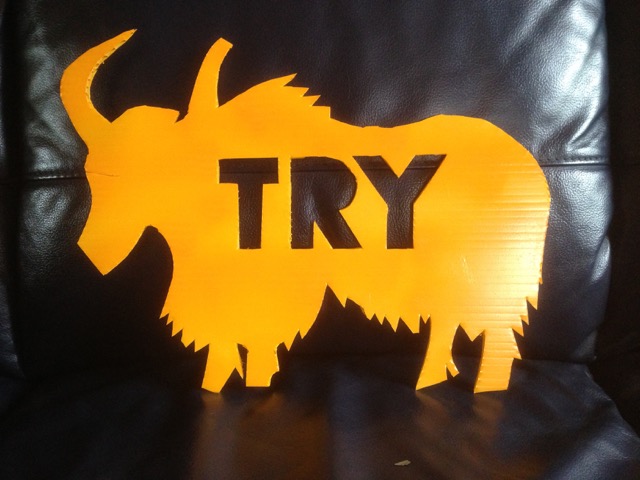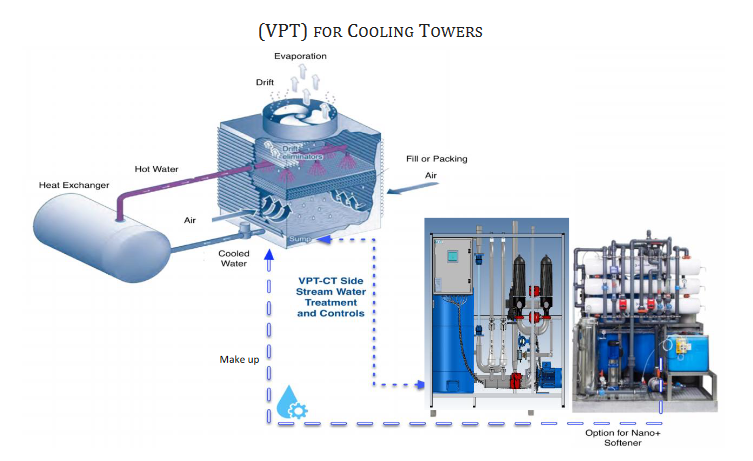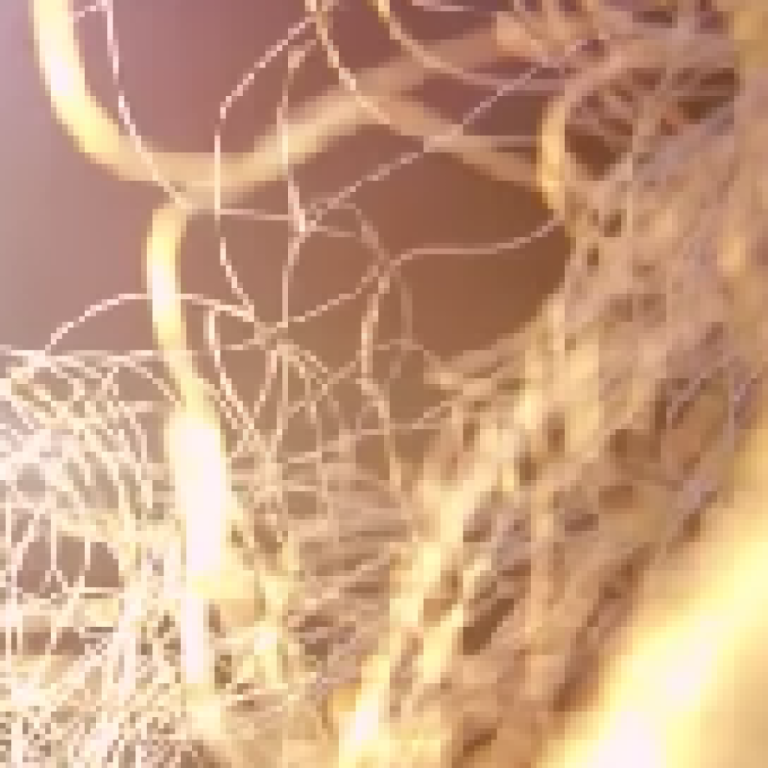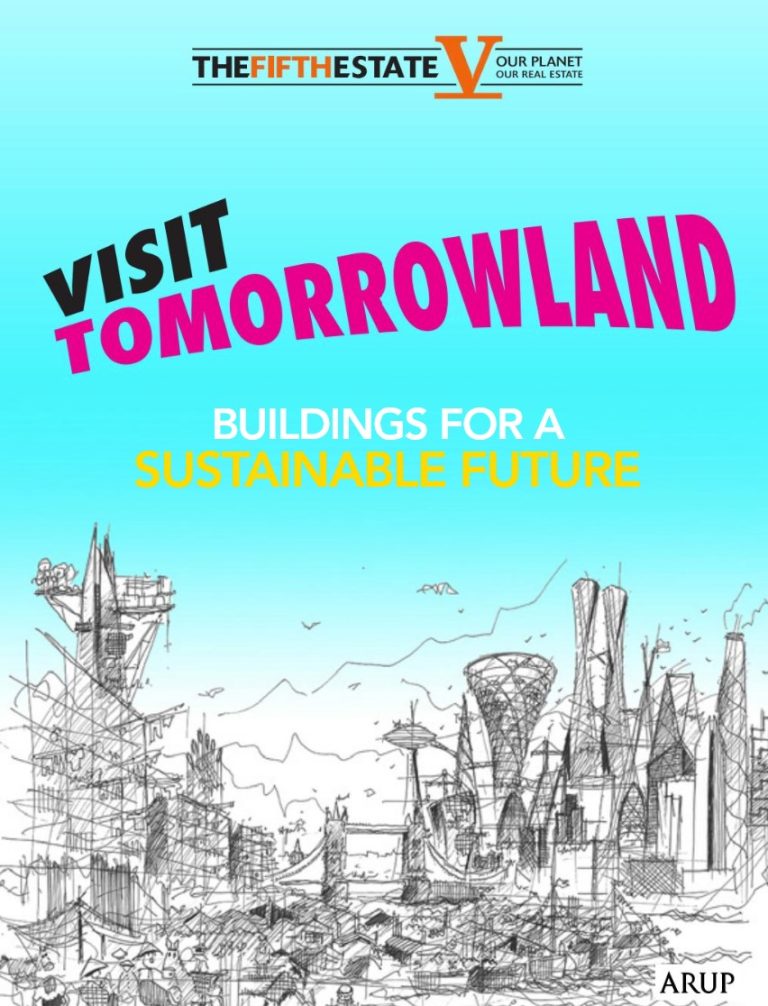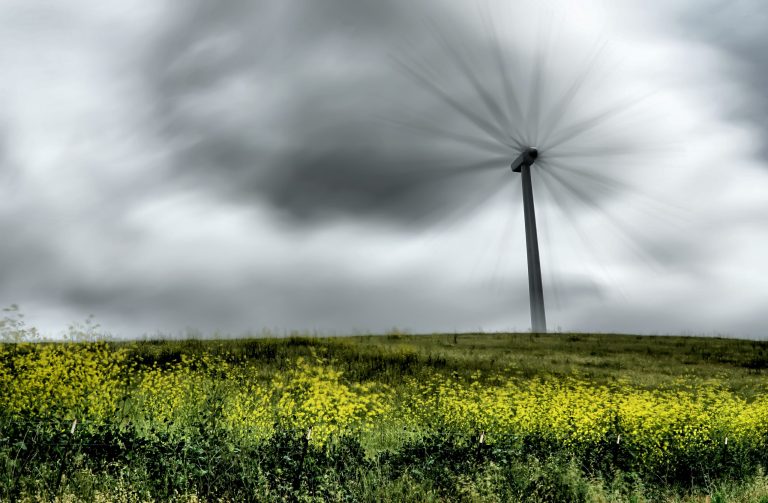Meet the bottom up revolutionaries of Yackandandah
An emerging regenerative region
In country Victoria, near the split city of Albury/Wodonga, sits the electorate of Indi. Within it is the rural village of Yackandandah.
I know “Yack” because I have family there – it’s a small community, but it’s a community with a capital “C”.
This isn’t a secret or something particularly new – it’s well known in the region and it’s why part of my family moved there many years ago.
But after some recent developments, I’m coming to the conclusion that there’s a bigger pattern at play.
A “can-do” community
The Yack community has a collection of independently minded, entrepreneurial thinkers who understand that action matters.
When their single local petrol station threatened to shut down in 2002, it took only 7 days for local entrepreneurs to act, forming the Yackandandah Community Development Company to protect this crucial service and keep it in the town.
They thought big – not just to” keep the servo” – but to create a self-sustaining, commercial operation.
They built something that was locally controlled, not beholden to politics and not dependent on subsides or donations. YCDCo has a focus on general community wellbeing and the local economy.
Totally Renewable Yackandandah
With this previous “form”, I wasn’t totally surprised when I heard in 2014 that Totally Renewable Yackandandah had been started. Again, they had an audacious goal – not just to power the whole town with renewable energy, but “to achieve local energy sovereignty by 2022” .
So as well as delivering on key global warming solutions, they’re creating robust infrastructure, local jobs and keeping money in their community.
“Totally Renewable Yackandandah is about:
- Decarbonising the local energy supply by encouraging the uptake of renewable energy;
- Decentralising our energy supply; and
- Democratising energy systems by encouraging community participation, partnership, collaboration and, hopefully one day, ownership.”
How are they doing?
Five years on, 50% of Yack has renewable energy. They have generated their first gigawatt hour of power, and have moved beyond rooftop solar to include battery packages in their group purchasing offers. They’re also doing their second smart microgrid (That’s 4 of the top 100 Project Drawdown global warming solutions, BTW).
Reinventing politics
What I didn’t find out about for a while (being an occasional visitor) was that the whole region is forward-thinking – so forward-thinking that they’re reinventing representative government.
Across the Indi electorate, the energy and inspiration of individuals from many towns and communities (including Yackandandah) has come together in response to the frustration of not being heard by their elected representatives.
At state and federal level, their members were from mainstream parties, bound by party policy and influenced by party priorities.
However, Indi’s community members saw that self-declared “independents” would stand on one key issue, representing themselves and hoping to find support from others.
Doing politics differently
They got started in 2012 with the aim of answering the frustrations of people who felt unheard. A Voices for Indi (V4i) committee was set up by 11 local residents who shared a common goal – strengthening the relationship between community and policymakers.
They organised gatherings of over 400 community members at kitchen tables across the region, and discussed their issues and concerns, culminating in a report to the community.
Out of this process also emerged a respected independent candidate with a detailed brief and strong support. She won that previously “safe” seat, bringing the Voice of the Indi community to federal politics.
Following their success and wanting to create sustainable, transparent processes, Voices4Indi went on to establish a formalCandidate Identification Process with the goal of generating ongoing engagement and meaningful representation for the long term at both state and federal levels.
So why does what’s happening in Yackandandah and across Indi get me excited?
The individuals behind these various adventures in entrepreneurship may not fully realise the power of what they’re doing, but they’re the way of the future. They’re part of a growing trend to re-regionalisation, as the limitations of globalised business models become increasingly apparent.
While many national political processes cannot help but be influenced by the voice of the 20th century status quo, there is a quiet revolution going on in states and regions across the globe.
There’s an enlightening discussion of how and why this is happening in the recently published book “A Finer Future. Creating an Economy in Service to Life”. The authors bring together a range of trends and findings.
There is a wealth of powerful action happening across the globe – in cities, in states, in regions – everywhere from Yackandandah to Bangalore and California to the Australian Capital Territory.
(To reprise the chant from local football and netball games “Go Yack!”)
Is your local region ripe for regeneration?
Independent thinkers, entrepreneurs and innovators around the world aren’t waiting for “government policy change”. They’re taking action, increasingly supported by the information revolution.
More than ever over the last 50 years, they’ve been implementing Buckminster Fuller’s advice:
To change the world, create a new system that makes the old system obsolete
Buckminster Fuller.
Economic innovation at scale isn’t delivered by national governments setting policy. Change comes from the margins, not the mainstream. It starts as a trickle, then accelerates. I’m proud and excited that it’s happening in my home state, as well as in the rest of the world.
If you’re after faster, more effective action – innovation that can scale – connect up with your local can-do community and start exploring your local regenerative opportunities.

